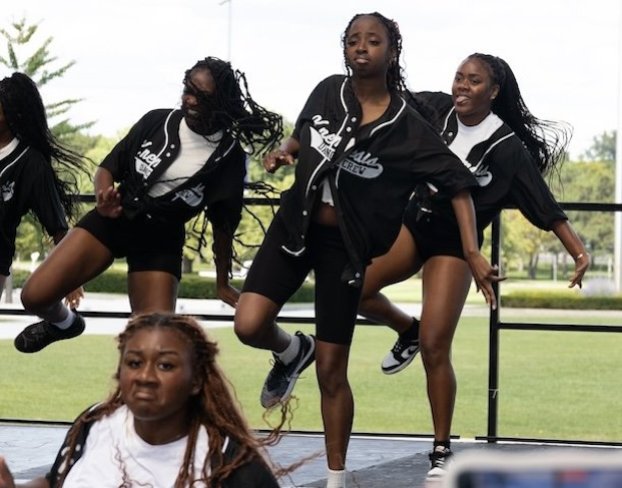

Student Activities
Take your UAlbany experience beyond the classroom
Your time at the University at Albany is an opportunity to build connections, share experiences, develop new skills and foster personal growth. We’re here to help with a wide variety of co-curricular opportunities focused on success in and out of the classroom.

Be an active part of one of the more than 250 athletic, political, cultural and service organizations at the University at Albany.

Support a cause important to you while gaining life and leadership skills. Volunteer with any of our more than 100 partners.

Make every day eventful by attending UAlbany events. Follow UAlbanyGo on Instagram to get involved.
1400 Washington Avenue
Albany, NY 12222
United States
Academic Year: 8:30 a.m. to 5 p.m. Monday through Friday
Summer: 8 a.m. to 4 p.m. Monday through Friday